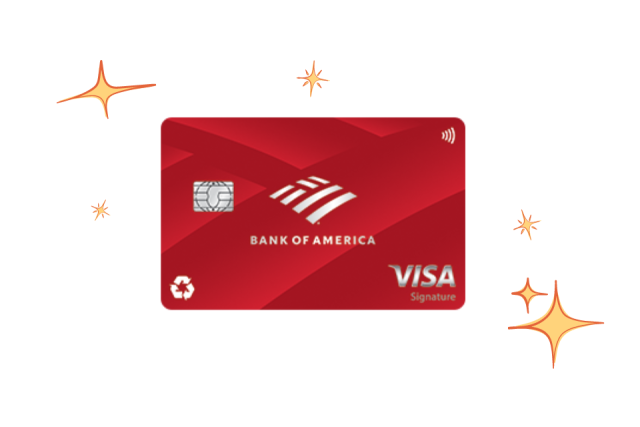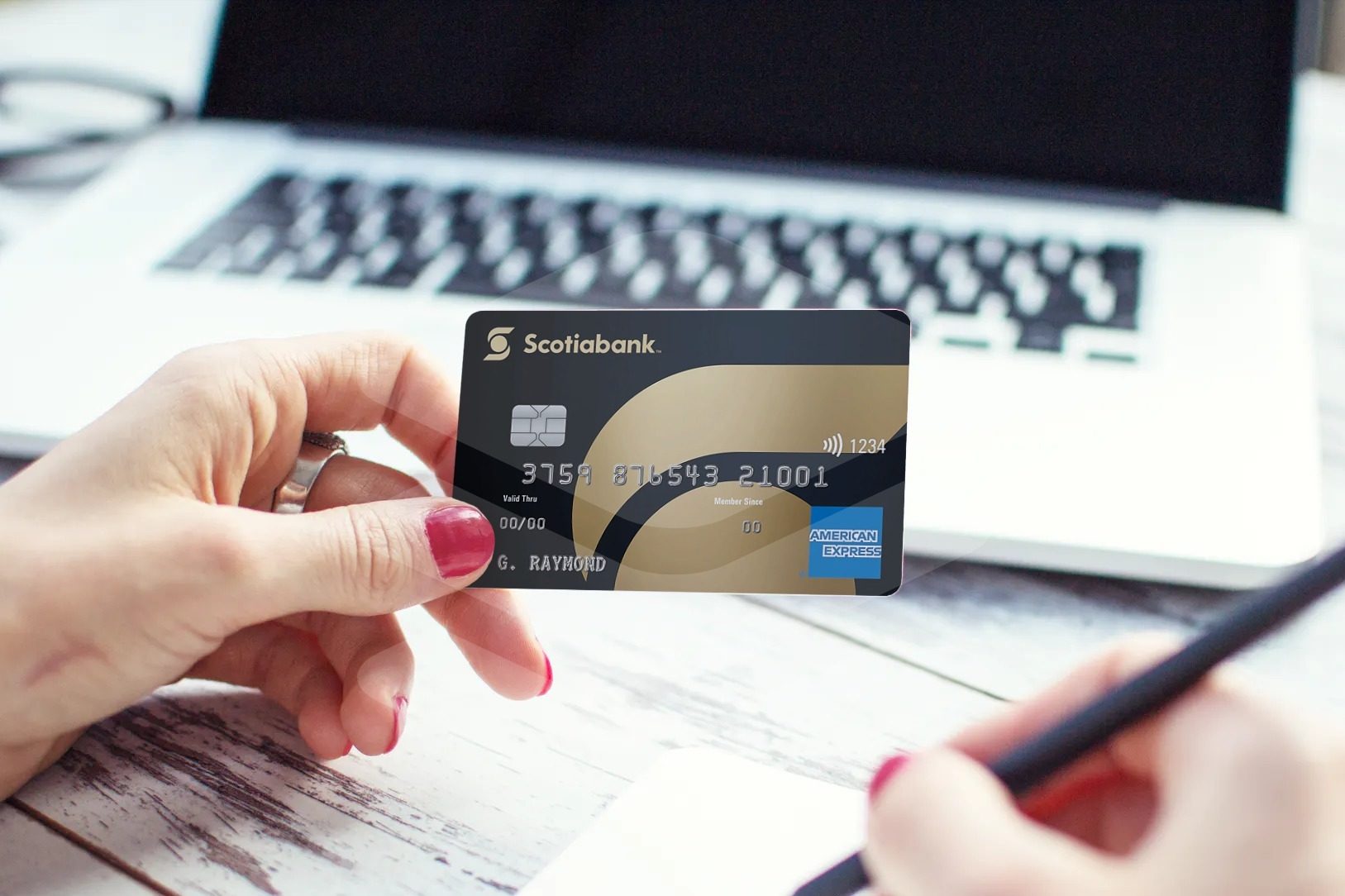A debit card is an essential financial tool for UK consumers, offering convenience for transactions both locally and abroad. Typically linked to major networks like Visa and Mastercard, it provides direct access to funds without requiring credit. With global travel and online shopping on the rise, selecting the right card helps reduce fees and improve financial efficiency.
From traditional bank-issued cards to modern digital solutions, the UK market offers various choices to suit different needs. Some cards come with perks like low foreign transaction fees or enhanced security features. Understanding the benefits of each debit card ensures consumers make informed decisions based on their spending habits.
Page Contents
ToggleTypes of debit cards available in the UK

UK consumers can choose from several types of debit cards, each designed for different spending preferences. Traditional debit cards, linked to banks like Barclays or HSBC, are widely accepted for everyday transactions. They often include features such as contactless payments and low domestic transaction fees, making them a reliable choice.
Prepaid debit cards allow users to load a fixed amount, reducing the risk of overspending while offering financial control. Digital and virtual cards from fintech companies like Monzo and Revolut cater to tech-savvy users by offering real-time spending insights and competitive exchange rates.
Traditional and prepaid debit cards
Traditional debit cards, issued by major banks, provide broad acceptance and convenience for daily transactions. Many include features like fraud protection and ATM withdrawals. However, some banks impose international usage fees, which can impact frequent travelers using their debit card abroad. For better budgeting, prepaid debit cards allow users to control spending and avoid overdrafts. Many integrate with mobile apps for easy fund management and tracking. These features make prepaid cards useful for managing expenses efficiently.
Digital options and security features
Modern digital debit cards offer flexibility and protection, making them appealing for tech-savvy users. Fintech providers like Monzo and Revolut offer instant spending notifications, mobile card freezing, and fee-free international transactions. These features enhance security and spending control.
- Two-Factor Authentication (2FA): Adds extra security for transactions.
- Fraud Monitoring: Banks track and notify customers of suspicious activity.
- Card Freezing: Users can temporarily disable cards via mobile apps.
Leveraging these features helps consumers safeguard their accounts against fraud. Staying informed about security options ensures a safer and more controlled banking experience.
Domestic use: Benefits and considerations
Debit cards are widely accepted across the UK, making transactions in stores, restaurants, and online platforms seamless. Contactless payments and mobile wallet integration further enhance convenience, allowing for quick, hassle-free purchases. Domestic transactions usually have minimal or no fees. However, users should monitor their spending to avoid overdraft fees. Security measures like 2FA and transaction alerts help prevent fraud. Banking apps also allow cardholders to set spending limits for better financial control.
Usage tips for UK travelers abroad
For UK travelers, selecting a debit card with low international fees is essential. Some fintech providers, like Revolut, offer fee-free foreign transactions and favorable exchange rates. Checking ATM withdrawal fees in advance can also help reduce unnecessary expenses while traveling. To avoid disruptions, consumers should notify their bank of travel plans. Understanding exchange rates, partner networks, and withdrawal limits ensures a smooth experience when using a debit card internationally.
Comparing banks and fintech providers
Traditional banks offer reliability and broad acceptance, making them a safe choice for debit card users. However, they may charge higher foreign transaction fees and currency conversion rates, which can make them less attractive for frequent travelers. Fintech providers like Starling Bank and Revolut provide more competitive exchange rates, real-time spending analytics, and features like multi-currency accounts. Evaluating these options helps consumers find the debit card that best fits their needs.
Security and fraud protection
Protecting financial information is essential when using debit cards, both domestically and internationally. Consumers should always use secure payment platforms and avoid entering card details on unsecured websites. Many banks and fintech companies offer biometric authentication and encryption to prevent unauthorized access. In case of loss or theft, reporting the incident quickly prevents fraudulent charges. Many providers offer emergency card replacement services. Taking advantage of fraud protection features ensures account security and peace of mind.
Final tips for choosing the ideal debit card
Choosing the right debit card involves assessing fees, security features, and travel-related benefits. Consumers should prioritize options with low foreign transaction costs, fraud protection, and added perks like cashback rewards or travel insurance. Comparing traditional banks with fintech innovations helps consumers select the best option for their needs. Whether for daily transactions or international travel, making an informed decision allows users to enjoy seamless, secure, and cost-effective spending. For more insights on financial solutions, explore reliable resources to make smarter banking decisions.



